Jason
Leiser
is
Senior
Counsel
for
Flynn
Restaurant
Group,
an
operator
of
thousands
of
franchised
restaurants
with
brand
affiliations
including
Pizza
Hut,
Wendy’s,
Applebees,
Taco
Bell,
Panera,
and
Arby’s.
He
is
also
the
co-founder
of
One
Pencil
Project,
a
nonprofit
that
conducts
education
research
and
manages
numerous
international
philanthropic
programs.
We
recently
sat
down
with
Jason
to
discuss
why
remote
work
is
game-changing
for
job
satisfaction,
how
entrepreneurial
parents
led
him
to
a
career
in
the
law,
and
how
the
flexibility
of
a
Paragon
role
allowed
him
to
operate
a
nonprofit
and
spend
four
weeks
in
Africa
—
all
while
still
tackling
high-level
legal
work
stateside.
Can
you
tell
us
a
little
bit
about
how
you
got
into
law
and
how
you
started
working
in
the
areas
you’re
working
in
now?
I
come
from
a
line
of
business
owners
and
entrepreneurs
on
both
sides.
My
father
was
in
the
consumer
electronics
business
when
I
was
growing
up,
but
he
sold
that
business
in
the
early
’90s
and
pivoted
into
commercial
real
estate.
I
picked
up
things
at
the
dinner
table,
both
on
the
entrepreneurial
side
and
the
real
estate
side.
These
days,
I
mostly
do
leasing
work,
but
in
my
career
I’ve
done
a
combination
of
contracts
and
commercial
real
estate.
When
I
went
to
law
school,
I
started
looking
at
different
areas
of
the
law
and
all
the
different
ways
that
you
can
make
an
impact
on
this
world,
and
that
interest
carries
through
today.
But
I
wound
up
in
an
area
that
was
most
familiar
to
me,
namely
commercial
and
real
estate
law.
After
law
school,
what
was
your
general
career
progression
and
what
led
you
to
Paragon?
I
went
to
the
University
of
Connecticut
School
of
Law,
and
immediately
after
graduation
I
worked
for
a
hotel
developer
and
management
company
in
Connecticut
called
the
Waterford
Group.
It
was
an
amazing
experience.
They
had
about
30
hotels
that
they
operated,
many
of
which
they
also
owned.
I
was
the
only
attorney
in-house
and
it
exposed
me
to
an
enormous
variety
of
commercial
work.
I
partnered
with
some
outside
counsel
who
were
mentors
to
me.
I
ultimately
decided
to
leave
the
Connecticut
area
and
got
an
opportunity
with
eBay,
which
brought
me
out
to
Salt
Lake
City.
I
was
supporting
their
global
real
estate
team,
and
also
provided
counsel
to
the
team
managing
eBay’s
global
infrastructure
and
data
centers.
I
performed
a
variety
of
roles
on
a
contract
basis
until
just
after
the
pandemic
hit.
Someone
from
Paragon
reached
out
to
me
—
I
was
pretty
happy
doing
what
I
was
doing,
but
I
was
really
interested
to
see
what
types
of
opportunities
they
had
and
was
actually
very
impressed
with
the
level
of
sophistication
and
the
types
of
roles
that
were
available.
They
had
an
enormous
demand
for
people
who
have
my
skill
set,
and,
within
a
couple
of
weeks,
I
had
several
interviews.
What
was
it
about
Paragon
that
made
you
think
it
would
be
a
good
fit?
In
addition
to
looking
for
fulfilling
professional
work,
I
needed
the
flexibility
to
travel
and
work
remotely.
About
four
years
ago,
my
former
partner
and
I
created
a
nonprofit
organization
called
One
Pencil
Project,
and
it
was
really
important
to
me
to
be
able
to
spend
time
on
that.
Paragon
was
able
to
accommodate
that
requirement.
In
addition,
the
compensation
and
opportunities
were
excellent,
with
sophisticated
work
and
interesting
people.
At
the
same
time,
they
were
really
supportive
if
I
wanted
to
work
part-time
or
travel,
even
when
I
needed
to
go
to
Africa
for
four
weeks
with
my
nonprofit.
Other
employers
might
push
back
on
that,
but
Paragon
let
me
work
around
it.
They’ve
been
really
supportive
of
my
interests.
Tell
us
more
about
the
One
Pencil
Project
nonprofit.
One
Pencil
Project provides
school
supplies,
academic
scholarships,
and
other
forms
of
support
to
thousands
of
students
from
indigenous
communities
in
Namibia,
Angola,
and
Bolivia.
The
populations
supported
are
partners
in
expansive
and
ongoing
scientific
research
being
conducted
by
members
of
the
One
Pencil
team
in
the
fields
of
anthropology,
economics,
and
psychology.
What’s
been
your
favorite
Paragon
client
or
engagement?
I’ve
only
had
two
engagements.
They’ve
both
been
real
estate-heavy,
with
interesting
leasing
work.
The
first
engagement
was
with
a
financial
services
organization.
It
was
a
terrific
assignment
and
I
enjoyed
the
people
I
worked
with
—
but
it
was
a
short
term
engagement
while
someone
was
out
on
leave.
When
that
one
came
to
an
end,
it
wasn’t
even
a
couple
weeks
until
I
had
several
other
opportunities.
The
second
engagement
was
working
with
Flynn
Restaurant
Group,
and
I
later
joined
their
legal
department
full-time.
What
skills
did
you
learn
while
working
at
Paragon
that
helped
prepare
you
for
your
full-time
role?
One
of
the
most
interesting
things
about interim
support
attorney-roles and
Paragon
in
particular,
is
the
opportunity
to
work
with
several
organizations
over
a
relatively
short
period
of
time.
It’s
definitely
a
challenge
to
“helicopter”
in,
learn
institutional
operating
procedures
and
make
an
immediate
impact,
but
adapting
quickly
is
a
skill
I
am
thankful
to
have
developed.
Each
organization
has
its
own
institutional
practices,
processes,
and
procedures,
a
unique
business
model
and
risk
tolerance,
and
the
perspective
gained
is
invaluable
and
highly
transferable.
Work-life
balance
is
a
popular
topic,
especially
since
the
pandemic.
How
does
that
factor
in
your
life
and
what
are
some
of
your
interests
outside
of
work?
I
think
the
paradigm
is
probably
changing,
and
people’s
expectations
are
a
little
bit
different
than
they
were
pre-Covid.
I’ve
been
fortunate
to
work
remotely
in
Mexico
for
about
six
weeks,
in
Israel
for
a
couple
weeks,
and
a
few
months
in
New
Mexico,
in
addition
to
going
to
Namibia.
It’s
a
privilege
and
one
I
don’t
take
lightly.
Paragon
and
my
clients
always
knew
where
I
was
and
that
my
work
would
always
be
done
to
the
same
high
level.
In
addition
to
my
nonprofit,
I
love
exploring
the
Mountain
West.
I
spend
a
lot
of
time
hiking
and
biking.
I
also
enjoy
traveling
and
spending
time
with
friends
and
family.
How
do
you
see
the
legal
industry
evolving
in
what
will
likely
be
a
workflow
that
includes
some
remote
component?
I
think
the
quality
of
life
you
get
with
remote
work
is
game-changing
The
legal
industry
has
had
some
bumps
in
the
road
as
far
as
work/life
balance
goes,
and
some
firms
are
notorious
for
not
having
it.
I
think
as
that
changes,
the
industry
can
attract
more
people
to
the
field.
I
do
also
see
the
flip
side
of
it,
as
employers
are
concerned
about
how
they
can
build
connection
and
loyalty
through
remote
work,
so
there
needs
to
be
a
balance.
We
might
need
to
come
up
with
new
and
innovative
ways
to
really
create
a
connection
between
people
who
are
not
sharing
the
same
physical
space.
I
think
that’s
an
interesting
and
challenging
question,
given
the
enormous
amount
of
uncertainty
in
the
economy,
with
changes
in
the
stock
market
and
the
rise
in
interest
rates.
How
much
are
employers
going
to
be
investing
in
new
talent?
That
may
lead
to
even
more
Paragon-type
work
environments
or
more
temporary
and
contract-based
work.
I’m
hopeful
that
the
work
I’m
currently
doing
is
recession-proof,
but
in
the
real
estate
realm,
I
think
it’ll
be
interesting
to
see
how
office
space
settles
out
as
the
paradigm
shifts
to
more
remote
work.
What
does
office
space
look
like
going
forward?
We
should
have
a
clearer
answer
to
that
in
the
coming
year.
Paragon
is
a
premier
legal
services
firm
providing
interim
in-house
counsel
to
leading
corporate
legal
departments.
Contact
us
to
learn
more
about
Paragon
and
our
attorneys.


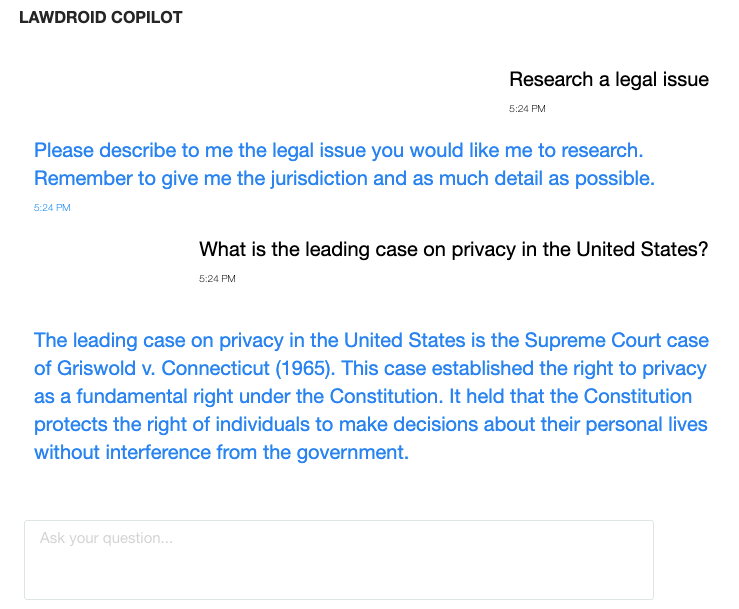
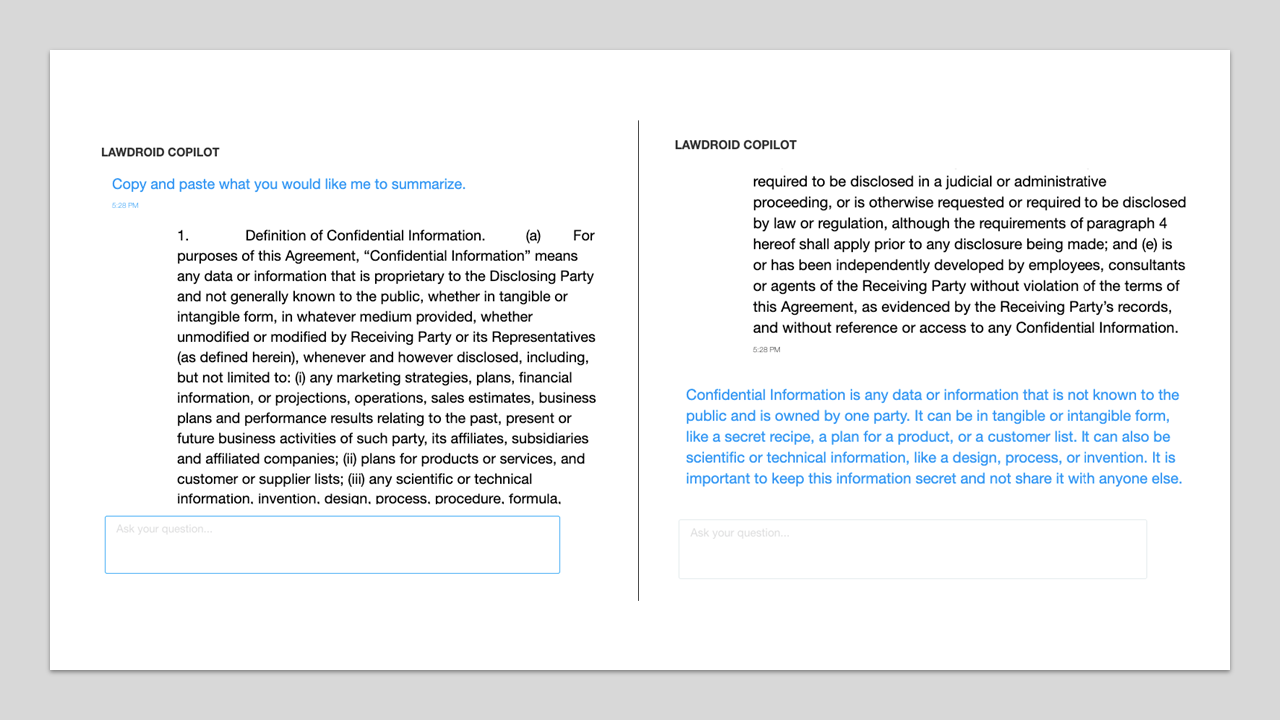
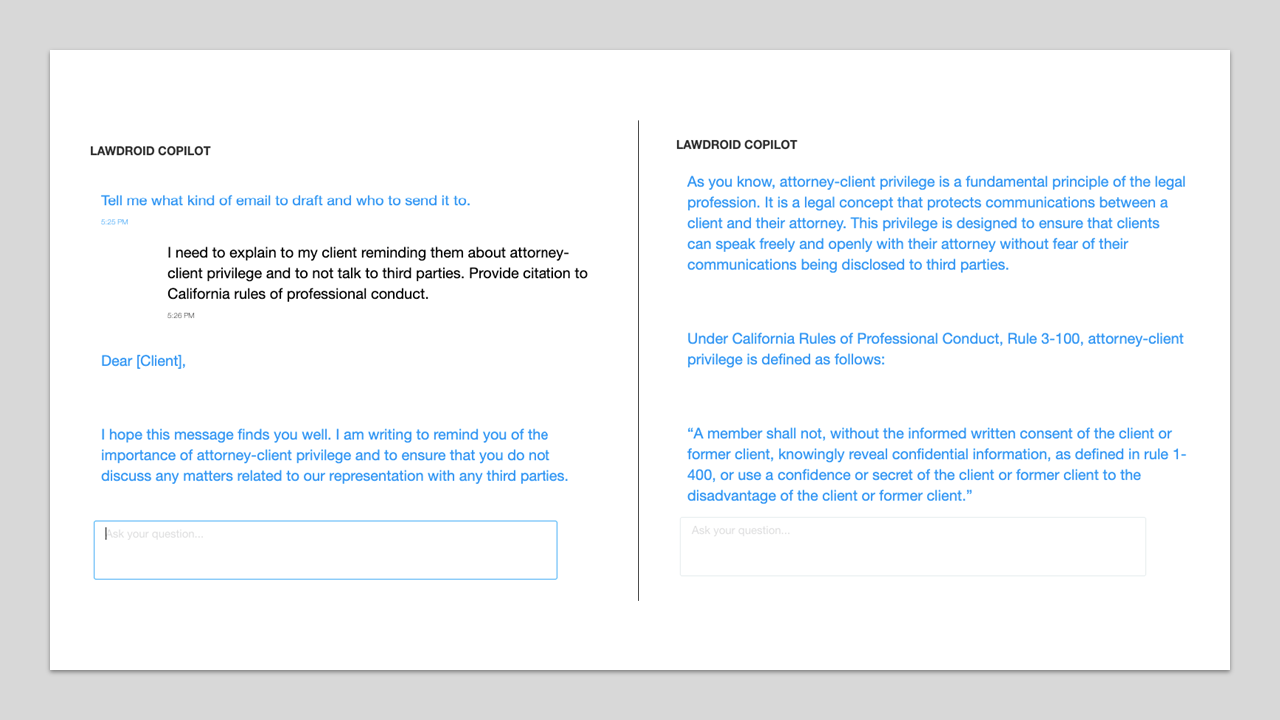
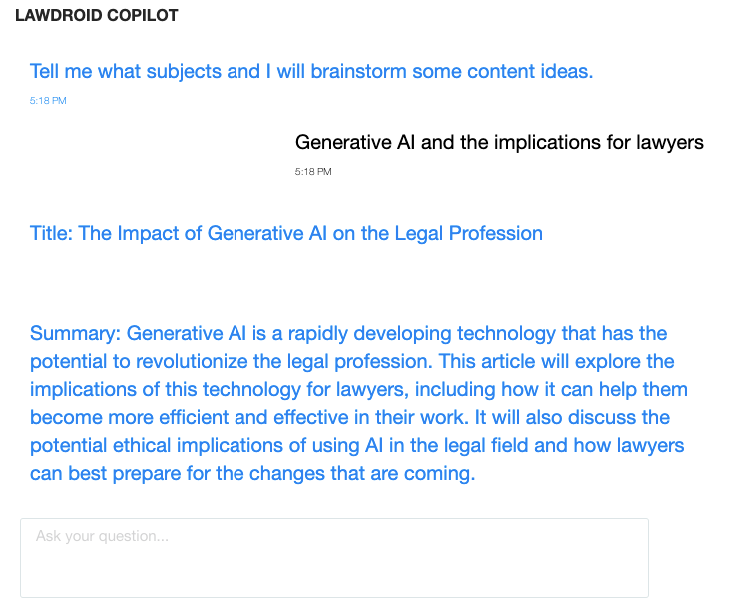
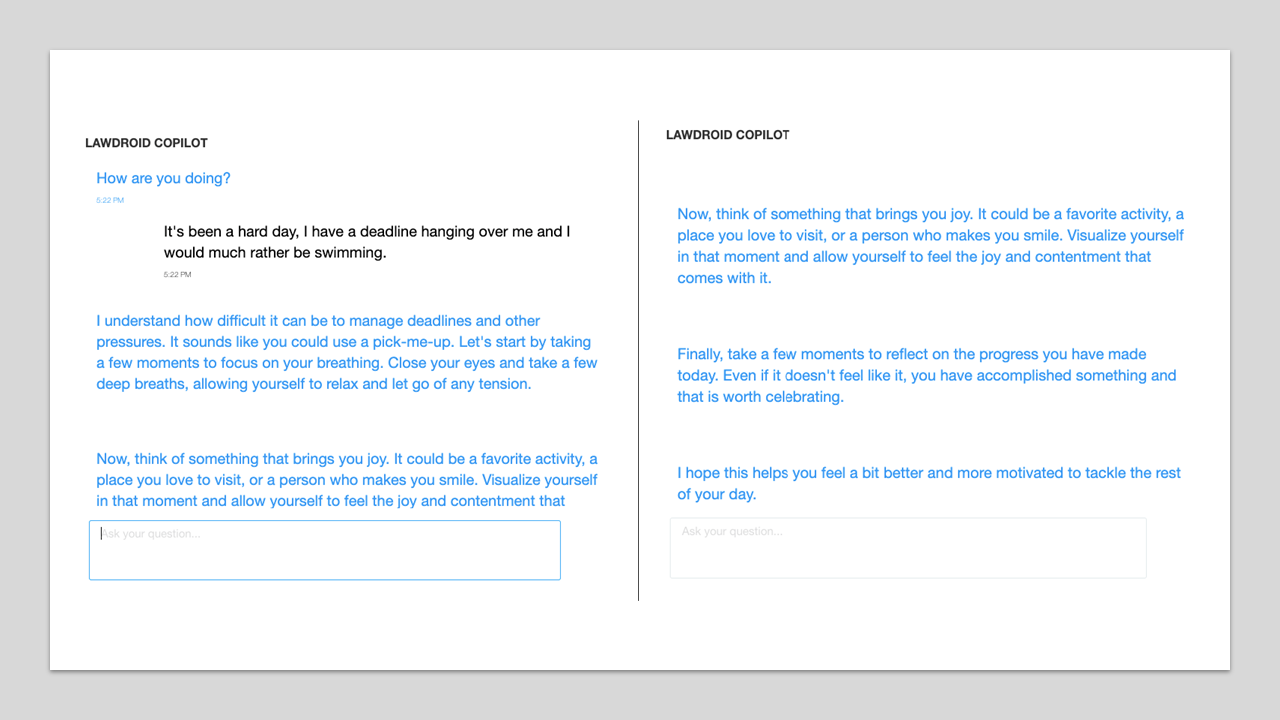







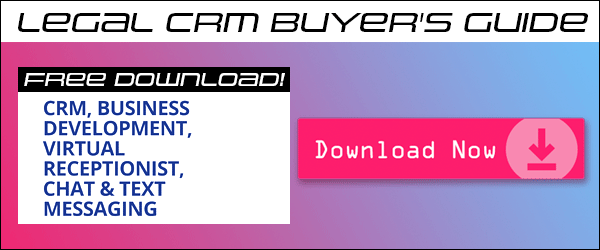

 Kathryn
Kathryn
 Shari
Shari
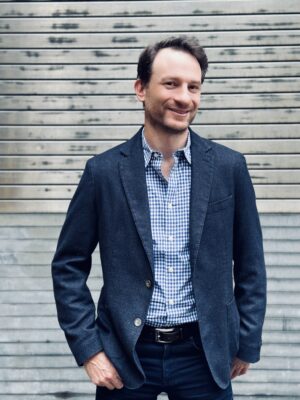

 Chris
Chris